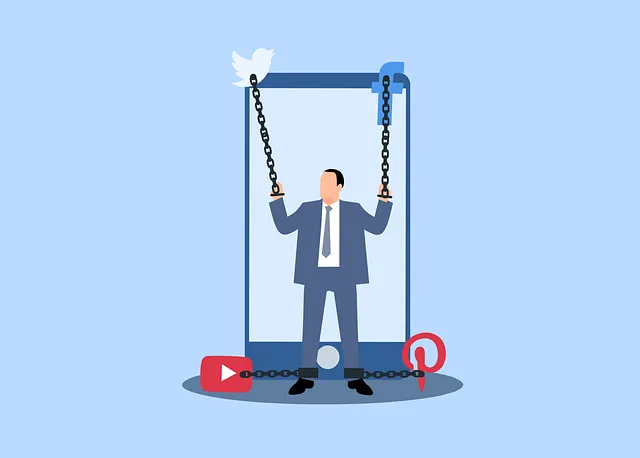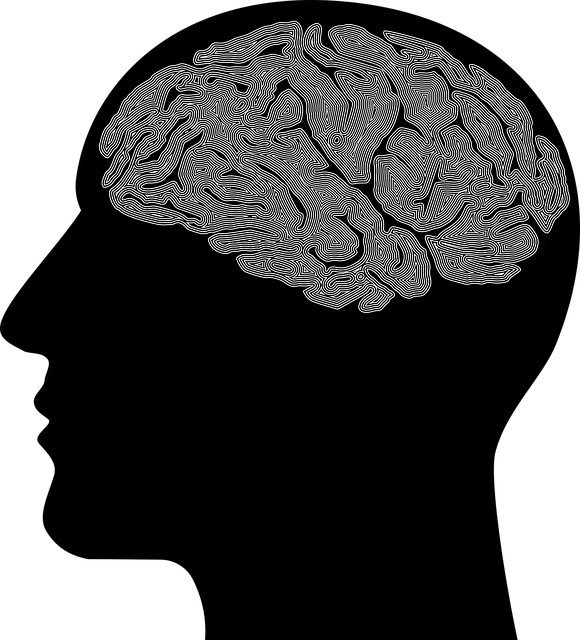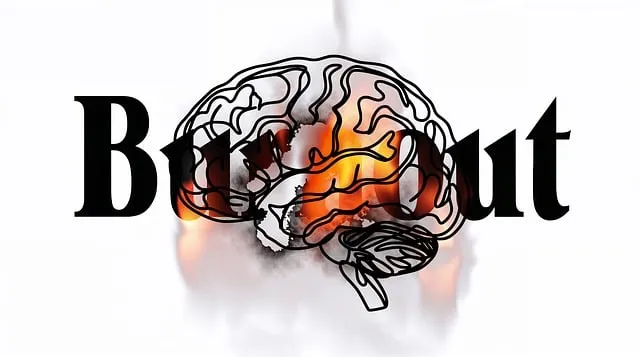Kaiser Permanente Behavioral Health Center Highlands Ranch enhances mental wellness through strategic resilience-building initiatives. By analyzing RFM (Reach, Frequency, Monetary Value) data, they optimize coaching programs, offering cost-effective solutions in high-engagement areas and specialized services in regions with significant financial investment in mental health. Resilience-focused exercises, combining mindfulness, cognitive reframing, physical activity, self-care, community, and communication, foster stress reduction and mental resilience among staff. Implementing Mind Over Matter, group workshops, and continuous program adaptation based on feedback and research ensures effective RFM integration, ultimately improving patient outcomes and promoting emotional well-being at the center.
At the Kaiser Permanente Behavioral Health Center in Highlands Ranch, resilience is not just a word but a lived experience. This article explores how the Resilience, Flexibility, and Mindfulness (RFM) framework has been successfully implemented to build resilience among patients and staff. You’ll discover practical steps for designing effective resilience-building exercises and a detailed guide to ensure optimal results from RFM integration, drawing insights from this pioneering behavioral health center.
- Understanding RFM and Its Application at Kaiser Permanente Behavioral Health Center Highlands Ranch
- Designing Effective Resilience Building Exercises
- Implementing RFM: A Step-by-Step Guide for Optimal Results
Understanding RFM and Its Application at Kaiser Permanente Behavioral Health Center Highlands Ranch

At Kaiser Permanente Behavioral Health Center Highlands Ranch, understanding RFM (Reach, Frequency, and Monetary Value) is pivotal in tailoring effective resilience-building exercises for their community. This data-driven approach ensures that services, like Trauma Support Services, align with the specific needs of the population they serve. By analyzing how often individuals engage with these services (Frequency), where they originate (Reach), and the financial resources they invest (Monetary Value), the center can optimize their mental wellness coaching programs development.
For instance, integrating Self-Care Routine Development for Better Mental Health might be more beneficial in regions with higher engagement levels but lower monetary investment, indicating a desire for cost-effective support. Conversely, areas with substantial financial contribution could benefit from specialized services, highlighting an existing commitment to mental wellness that can be built upon through tailored programs. This strategic implementation fosters a resilient community, demonstrating Kaiser Permanente Behavioral Health Center Highlands Ranch’s dedication to enhancing the mental health landscape in their region.
Designing Effective Resilience Building Exercises

Resilience building exercises are a crucial component of fostering mental well-being and enhancing coping mechanisms, particularly in demanding professions like that of mental health professionals at the Kaiser Permanente behavioral health center Highlands Ranch. Designing effective exercises requires a nuanced approach to cater to diverse needs and preferences. The key lies in creating a balanced program that combines various stress reduction methods, such as mindfulness practices, cognitive reframing techniques, and physical activity. These methods not only help in Depression Prevention but also serve as robust tools for Risk Management Planning, enabling professionals to navigate challenging situations with greater equanimity.
When crafting these exercises, it is essential to consider the unique challenges faced by mental health professionals. Incorporating elements that promote self-care, encourage a sense of community, and foster open communication can significantly contribute to building resilience. Tailoring the activities to be engaging, interactive, and accessible ensures higher participation rates, making the process more impactful. Regular feedback from the professionals can guide adjustments in the program, ensuring it remains relevant and effective for stress management and mental health support at the Kaiser Permanente behavioral health center Highlands Ranch.
Implementing RFM: A Step-by-Step Guide for Optimal Results

Implementing RFM (Resilience, Flexibility, and Mindfulness) at a Kaiser Permanente behavioral health center in Highlands Ranch involves a strategic approach for optimal results. Firstly, assess the current emotional well-being promotion techniques in place. Identify gaps where RFM principles can be seamlessly integrated into existing services. This could include introducing mindfulness meditation sessions during therapy to enhance focus and reduce stress. Next, educate staff on Mind Over Matter principles, equipping them with the tools to support clients’ mental resilience.
Organize group workshops focusing on building emotional resilience through practical exercises. Encourage participants to share their experiences, fostering a supportive community. Regularly review and adapt programs based on client feedback and research findings related to effective mindfulness meditation practices. By following these steps, Kaiser Permanente behavioral health centers in Highlands Ranch can effectively implement RFM, ultimately improving patient outcomes and promoting overall emotional well-being.
The implementation of RFM and resilience building exercises at the Kaiser Permanente Behavioral Health Center in Highlands Ranch has proven to be a transformative strategy. By understanding the RFM framework, designing tailored exercises, and following a structured guide, the center has enhanced its ability to support individuals in developing resilience. This approach not only benefits patients but also contributes to creating a more robust and adaptable community, as demonstrated by the successful outcomes at Kaiser Permanente Highlands Ranch.






